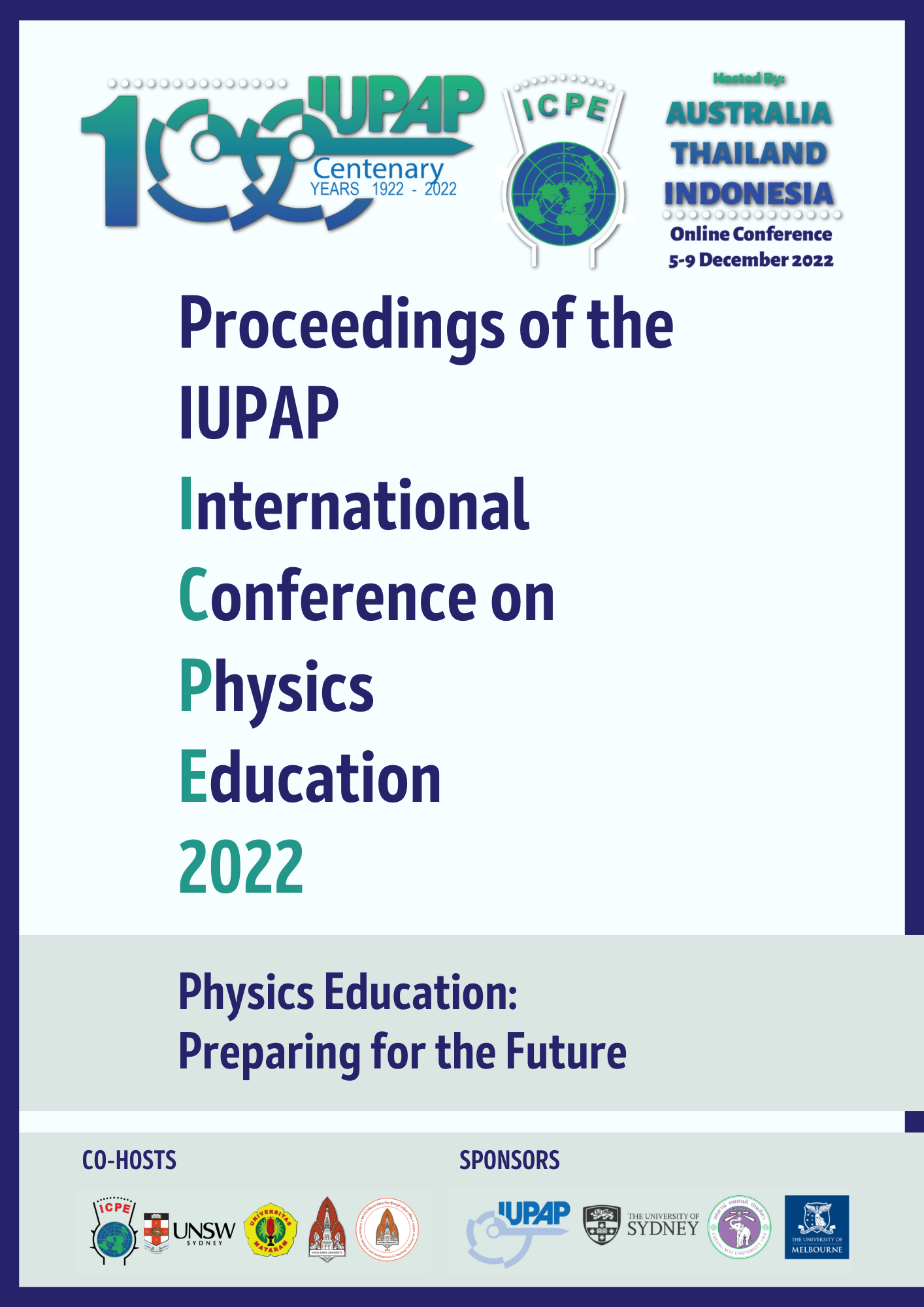Innovative physics teaching spaces
Abstract
There are often heated debates around teaching and learning spaces, from collaborative spaces for student centred learning to abolishing teacher centred lecture theatres. In both school and university contexts, economics and practicalities have led to designing multi-purpose learning spaces which can be used by different disciplines and for different purposes. Consequently, it is often a challenge to justify and advocate for dedicated discipline-based laboratory teaching and learning spaces.
In this workshop we will share a particular innovative space specifically designed as a physics laboratory, with the functionality of being used as a recitation/tutorial space, project space as well as for studio teaching with mini lectures. We will also share our experience of running Physics labs in this space. We will show how particular demands:
- to be ‘multipurpose’ across different modes of physics teaching allowing for in-depth learning of physics,
- be able to accommodate various level of experimental classes,
- provide ability of skills development including open-ended projects,
- grant effective teaching technical support,
could be implemented in design solutions. We will discuss how features of teaching space influenced teaching modes.
Participants are requested to bring designs of their teaching and learning spaces, share experiences of fit-for-purpose learning spaces as well as pick up some tips if designing new learning spaces. In particular, the space could be welcoming, has a pleasant ambience and has been well received by both staff and students.
Given the current context of ‘going online’, physical learning spaces need to be something extra special as we move into the future. Bring along your future-looking extra special learning space designs!
Intended Audience: University and Secondary-School Physics Educators
Downloads
Published
Issue
Section
License
Authors who publish with the Proceedings of the International Conference on Physics Education 2022 agree to the following terms:
a) Authors retain copyright and grant the journal right of first publication with the work simultaneously licensed under a Creative Commons Attribution License (https://creativecommons.org/licenses/by/4.0/) that allows others to share the work with an acknowledgement of the work's authorship and initial publication in this journal.
b) Authors are able to enter into separate, additional contractual arrangements for the non-exclusive distribution of the journal's published version of the work (e.g., post it to an institutional repository or publish it in a book), with an acknowledgement of its initial publication in this journal.
c) Authors are permitted and encouraged to post their work online (e.g., in institutional repositories or on their website) prior to and during the submission process, as it can lead to productive exchanges, as well as earlier and greater citation of published work (See The Effect of Open Access - http://opcit.eprints.org/oacitation-biblio.html).
Privacy Statement The names and email addresses entered in the Proceedings of the International Conference on Physics Education 2022 site will be used exclusively for the stated purposes of this journal and will not be made available for any other purpose or to any other party.
